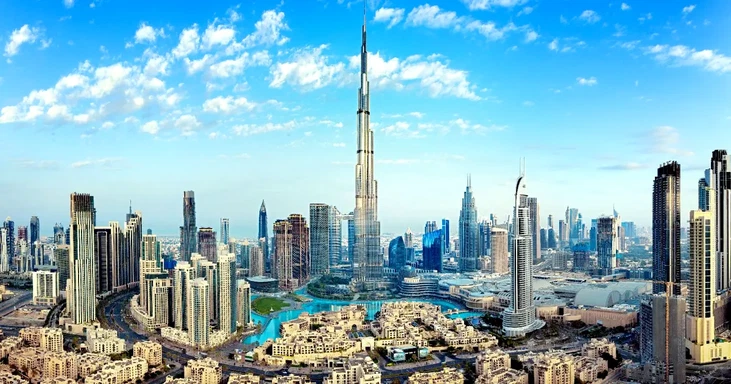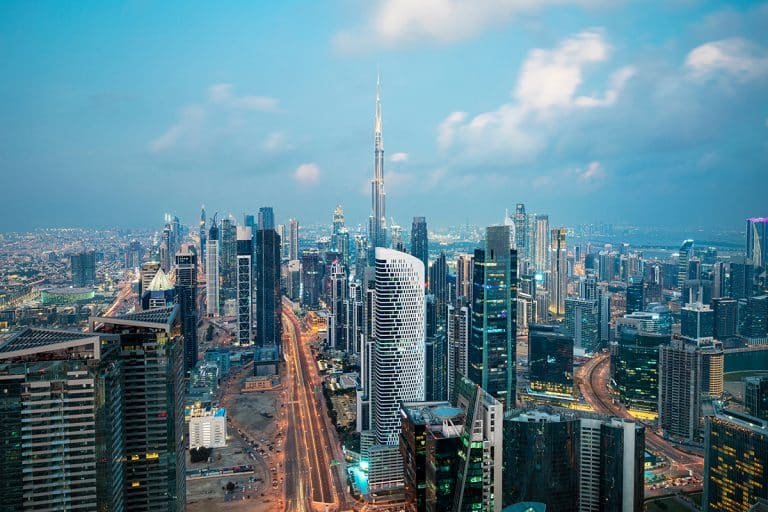
Dubai’s real estate market has grown into one of the most dynamic property landscapes in the world. Investors, both local and international, are drawn to the city’s strategic location, high rental yields, and capital appreciation potential. However, one of the most common dilemmas investors face is deciding between short-term vs long-term property investments. Understanding the benefits, risks, and trends of each approach is crucial for maximizing returns.
Short-term returns in real estate typically focus on quick gains from property value fluctuations, rentals, or property flipping. These investments are ideal for those seeking immediate cash flow or capital gains without committing to long-term ownership.
Dubai offers several neighborhoods where short-term rental properties can generate impressive yields. Areas near business hubs, tourist hotspots, or entertainment districts often provide higher rental income compared to long-term residential leases. Short-term rentals through platforms like Airbnb can also boost profitability, especially during peak tourist seasons.
Flipping properties involves buying undervalued units, renovating or upgrading them, and selling for a profit within a short timeframe. Dubai’s dynamic market can make this strategy lucrative, particularly during periods of high demand. However, it requires careful market analysis, renovation expertise, and timing to avoid potential losses.
While short-term returns can be attractive, they come with higher risks. Market fluctuations, regulatory changes, and unexpected costs can significantly impact profitability. Additionally, short-term rental regulations in Dubai have become stricter, which may affect investors relying heavily on vacation rentals.

Long-term real estate investments focus on steady capital appreciation and rental income over an extended period, often five years or more. This strategy is typically favored by investors seeking stability and wealth-building potential.
Over the years, Dubai’s real estate market has demonstrated strong capital growth in key areas such as Downtown Dubai, Palm Jumeirah, and Dubai Marina. Long-term investors can benefit from the city’s continuous development, iconic infrastructure projects, and growing population, all of which contribute to property value appreciation.
Long-term leases with tenants provide a stable income stream, minimizing vacancy risks and maintenance costs associated with frequent tenant turnover. Residential and commercial properties in high-demand areas tend to offer consistent rental returns, ensuring predictable cash flow.
Compared to short-term strategies, long-term investments carry lower risk, especially when backed by thorough market research and professional property management. Investors can ride out temporary market downturns and benefit from compounding growth over time.
Understanding the key differences between short-term and long-term investments can help investors make informed decisions.
| Aspect | Short-Term Investments | Long-Term Investments |
|---|---|---|
| Goal | Quick gains or cash flow | Steady growth and wealth building |
| Risk | High, market-sensitive | Lower, long-term stability |
| Capital Needed | Moderate to high | High, depending on property type |
| Time Horizon | Months to 2 years | 5 years or more |
| Liquidity | Higher, can sell quickly | Lower, requires patience |
| Income | Fluctuating rental or resale profits | Consistent rental income |
Several factors determine whether a short-term or long-term strategy will yield better returns. Investors must consider these variables to optimize their investment approach.
Dubai’s real estate market experiences cyclical trends, influenced by economic growth, population influx, and regulatory policies. Short-term investors need to time their entry and exit strategically, while long-term investors can capitalize on sustained growth cycles.
The neighborhood and type of property play a crucial role in return potential. Prime areas like Downtown Dubai, Dubai Marina, and Palm Jumeirah offer higher long-term appreciation, while emerging districts such as Dubai South or Dubai Creek Harbour may offer short-term rental opportunities with strong yields.
Dubai has introduced several regulations affecting property ownership, rental contracts, and short-term leasing. Staying updated with these policies is critical to avoid fines, legal complications, or loss of investment.
Interest rates, currency fluctuations, and global economic conditions can impact real estate returns. Investors must analyze economic trends to assess potential risks and rewards for both short-term and long-term strategies.

Short-term investors can implement several tactics to enhance profitability:
Long-term investors can follow these strategies to optimize returns:
Many savvy investors combine both strategies to optimize returns while mitigating risk. For example, a portfolio may include high-yield short-term rental units for immediate cash flow, alongside prime properties held long-term for capital appreciation. This balanced approach can provide financial flexibility and reduce exposure to market volatility.
Dubai’s real estate market is expected to continue its growth trajectory due to ongoing infrastructure projects, Expo-driven development, and population expansion. Investors who carefully analyze market trends and adopt a strategy aligned with their financial goals are likely to benefit from strong returns, whether short-term or long-term.
Choosing between short-term and long-term real estate investments in Dubai depends on an investor’s financial goals, risk tolerance, and market knowledge. Short-term investments can provide immediate returns but carry higher risk, while long-term strategies offer stability, capital appreciation, and consistent income. By understanding the dynamics of both approaches and staying informed about market trends, investors can make strategic decisions to maximize profitability in one of the world’s most exciting real estate markets.
Dubai’s real estate market continues to offer immense opportunities for investors willing to analyze, adapt, and act strategically. Whether seeking fast gains or sustainable growth, a well-planned approach can unlock substantial returns and long-term financial security.
Do Follow Estate Magazine on Instagram
Dubai Rental Returns: Waterfront vs City Center – Which Delivers More?
